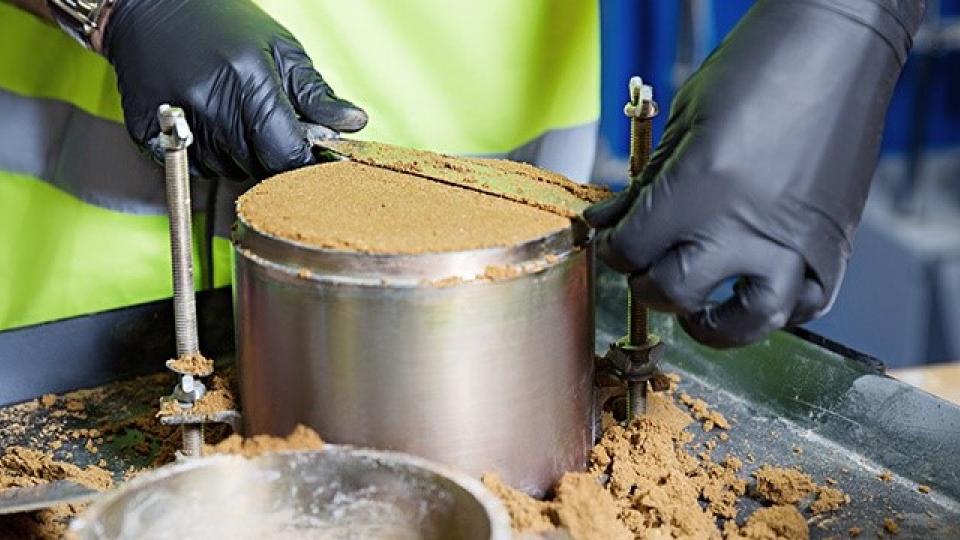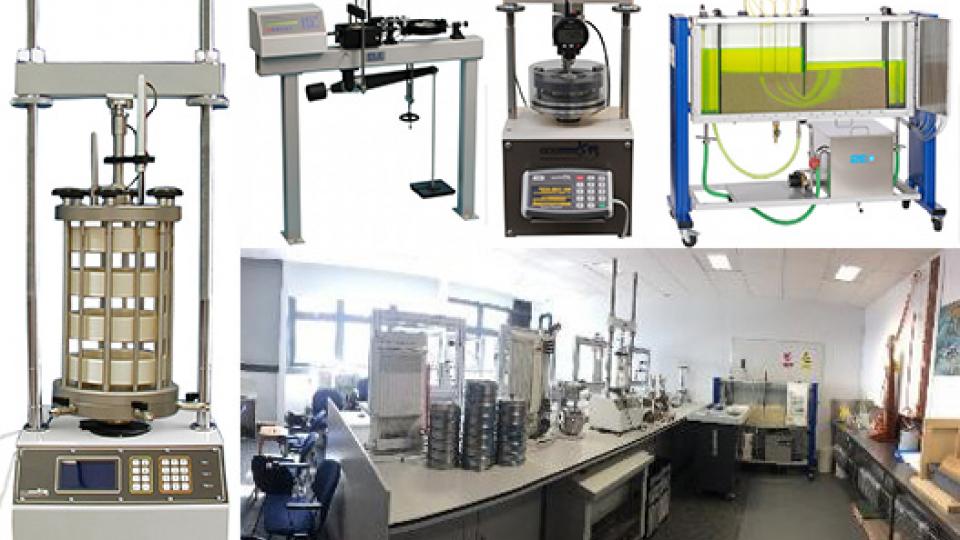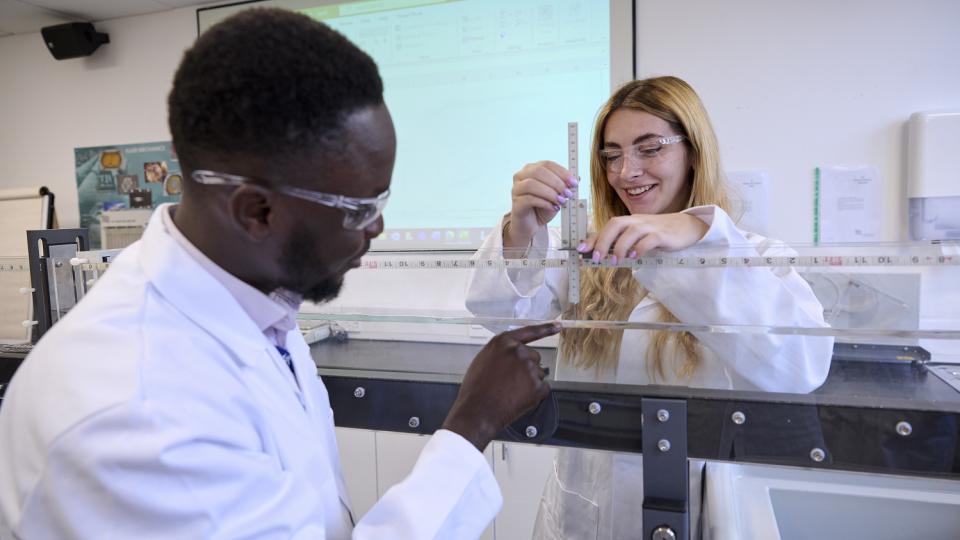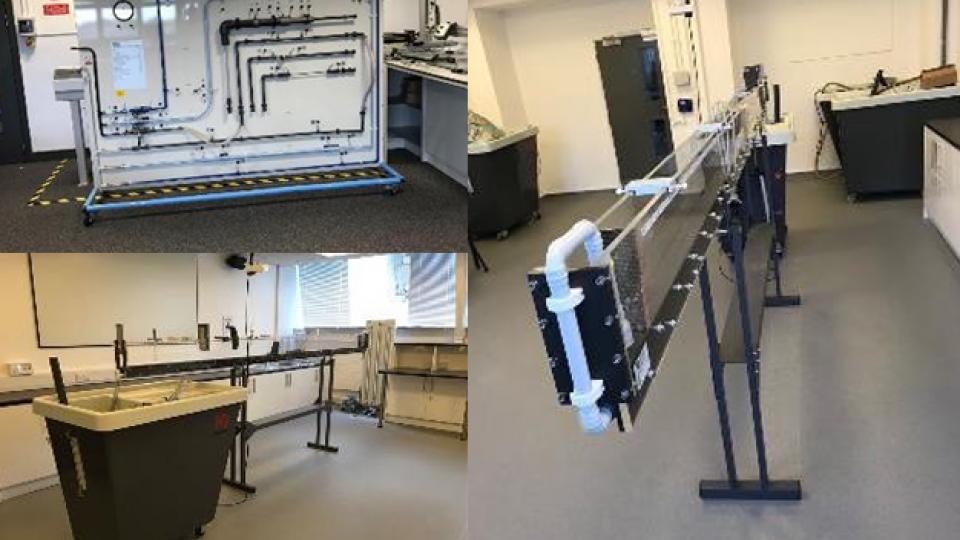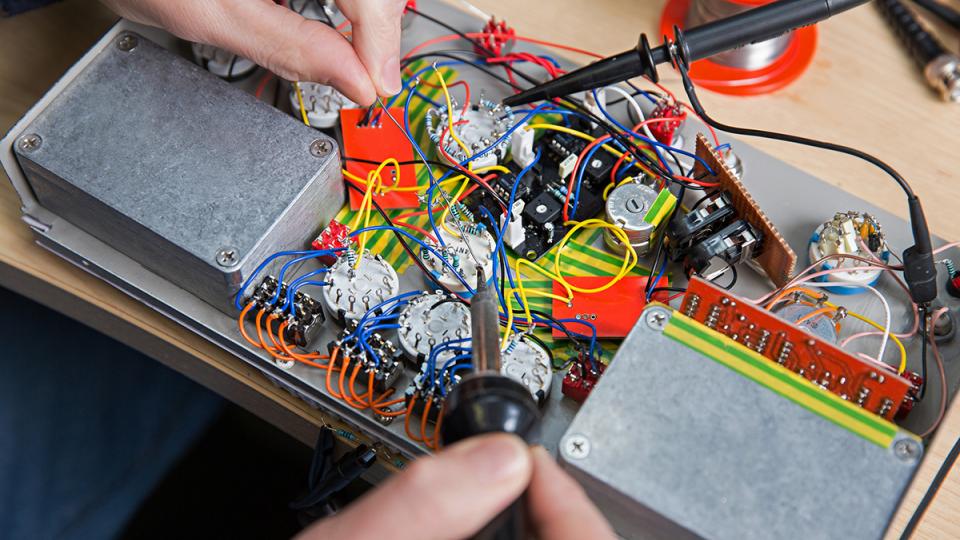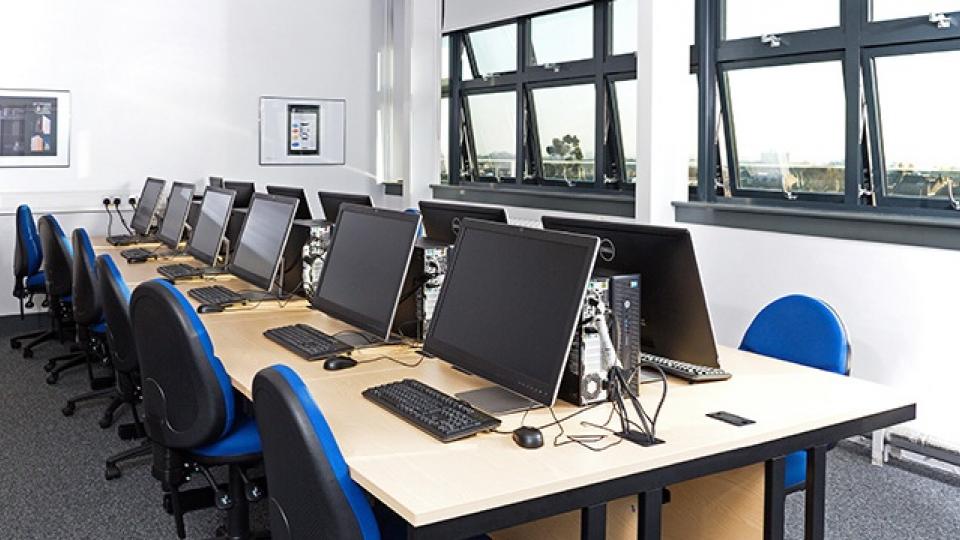
Civil and environmental engineering
Civil and environmental engineering
On your civil engineering or civil environmental engineering course at the University of West London, you’ll gain advanced knowledge and develop practical skills for the analysis, design, construction and operation of relevant technologies.
We offer courses in civil engineering and civil and environmental engineering, from the foundation level through undergraduate and master’s degrees to PhDs.
Explore our courses below, find out more about our facilities, and learn about which civil engineering degree or environmental engineering degree will be right for you. Each course page will give you information about your potential career paths, whether that's becoming a civil engineer or aiming for environmental engineering jobs.
Civil and environmental engineering undergraduate courses
-
BSc (Hons) Architectural Design Technology (West London Campus)
West London Campus
-
BSc (Hons) Building Surveying (West London Campus)
West London Campus
-
BEng (Hons) Civil and Environmental Engineering (West London Campus)
West London Campus
-
BEng (Hons) Civil Engineering (West London Campus)
West London Campus
-
MEng (Hons) Civil Engineering (Integrated) (West London Campus)
West London Campus
-
BSc (Hons) Construction Project Management (West London Campus)
West London Campus
Civil and environmental engineering postgraduate courses
-
MSc Civil and Environmental Engineering (West London Campus)
West London Campus
-
MSc Civil Engineering (West London Campus)
West London Campus
-
MSc Construction Project Management (West London Campus)
West London Campus
-
MSc Structural Engineering (West London Campus)
West London Campus
Accordion
-
Why study civil and environmental engineering at the University of West London?
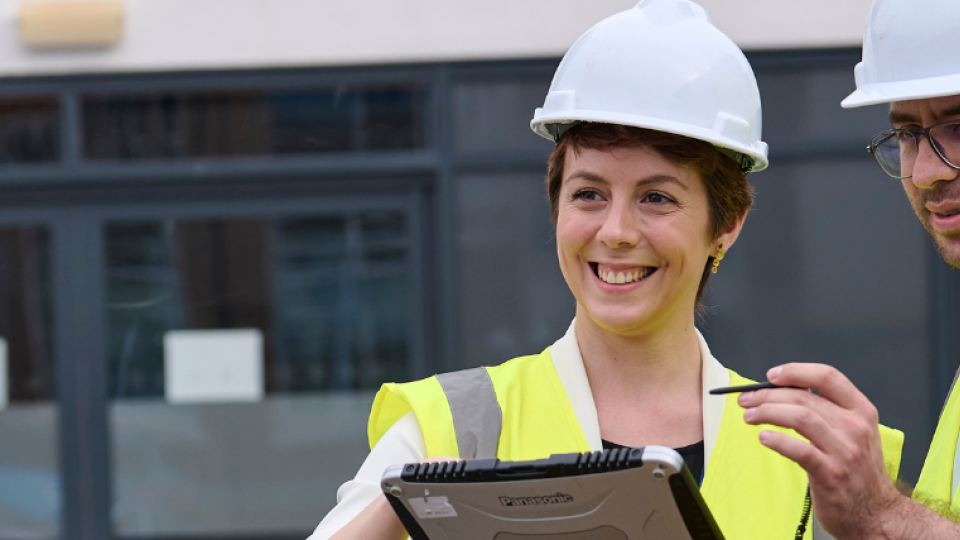
As part of the Career University, most of our engineering courses are accredited by the relevant professional bodies and some boast multiple accreditations – this means you can be confident your qualification will be respected across the industry.
We have seven laboratories and studios, including a concrete testing lab, a soil and geotechnics lab and well-equipped electronics labs. You’ll learn from a supportive team of highly research-active lecturers, with many working at the international cutting edge of their fields.
When you graduate from your civil and environmental engineering degree, you will be entitled to lifelong support from the University of West London Careers Service.
-
What can I do with an civil and environmental engineering degree?
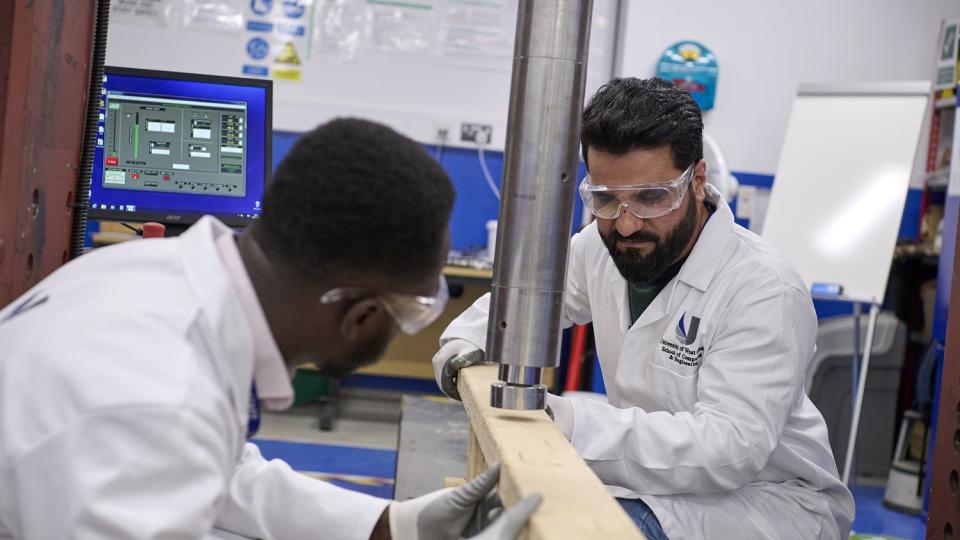
Civil and environmental engineering degree skills are in high demand. Your degree will help you prepare for your chosen career and a range of engineering jobs.
Browse a course that interests you by clicking the relevant link above, and see the ‘Career and study progression’ section to learn more about your options after your course.
The accreditations carried by many of our engineering courses can help you accelerate your career by speeding up the process by which you can apply for Chartered status. You could also progress from your undergraduate course directly onto one of our postgraduate courses.
-
What do I need to study civil and environmental engineering at the University of West London?

Our entry requirements vary course by course. To find out the qualifications you’ll need for a successful application, browse the relevant course page above. If you do not have quite the right grades or subjects at level 3 to apply for one of our degrees, you might be interested in one of our foundation-year courses.
These four-year degrees include an integrated extra year to help you prepare for undergraduate-level work.
Course videos
-
BSc (Hons) Architectural Design Technology
-
BEng (Hons) Civil and Environmental Engineering
-
MEng (Hons) Civil Engineering (Integrated)
-
BSc (Hons) Construction Project Management
BSc (Hons) Architectural Design Technology
BEng (Hons) Civil and Environmental Engineering
MEng (Hons) Civil Engineering (Integrated)
BSc (Hons) Construction Project Management
Facilities
Explore the array of facilities available to our engineering students.
The concrete testing lab
This new laboratory is equipped for an extensive range of concrete tests, including testing the compressive strength of concrete as well as bricks and blocks. These experimental tests are conducted in various modules and levels of civil engineering courses.
The soil and geotechnical lab
We maintain a well-equipped, up-to-date geotechnical engineering laboratory for teaching and research support on our civil engineering courses.
The structural laboratory
Our well-equipped structural laboratory is used in a range of civil engineering courses.
The hydraulics lab
The hydraulics laboratory is an active lab for students on Civil Engineering courses. The lab contains hydraulic apparatus used at various levels of BEng (Hons), MSc and PhD Civil Engineering courses.
Two electronics labs
Alongside computer stations with software including MATLAB, LABVIEW and Cadence Orcad, Lab 1's equipment include:
- digital oscilloscopes
- function generators
- power supplies
- digital multimeters
- soldering irons.
Lab 2 offers facilities for projects in specialist areas such as fibre optics and optoelectronics, biomedical engineering, communications technology and audio engineering.
Computing labs
Our computing labs offer numerous computers, most of which are equipped with wide-screen monitors.
The latest computer room offers 27-inch screens. The University Library also provides additional computers and access continuously (including overnight) from Monday morning to Friday evening, with reduced hours on Saturdays and Sundays during term time.
Where can a civil and environmental engineering degree take me?
Once you graduate with a civil and environmental engineering degree, you could go on to work with organisations such as:
- structural engineering consultancies
- utility companies
- transportation authorities
- materials science and engineering research centres
- civil engineering companies
- local and national government
- geotechnical engineering consultancies.
You will also be in a good position to build a career in roles such as:
- structural engineer
- water resources engineer
- transportation engineer
- materials engineer
- construction engineer
- environmental engineer
- geotechnical engineer.
















